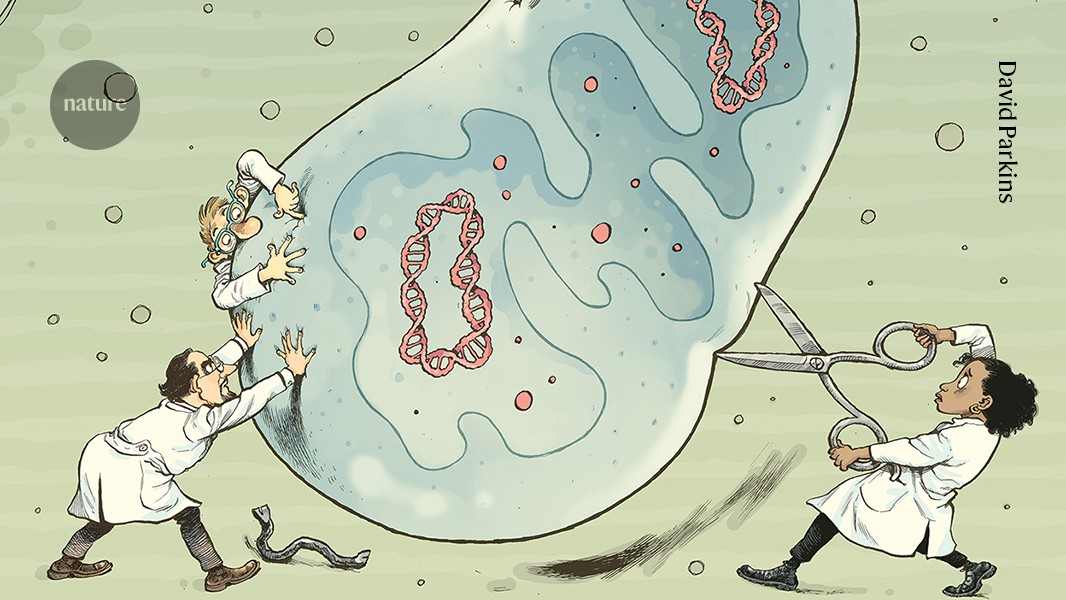
"CRISPR gene editing has made its way into every corner of modern biology, but not into every corner of the cell. Although researchers have used these systems to develop treatments for sickle-cell anaemia and blood cancers, to unlock the secrets of multicellularity and to discover the role of thousands of overlooked proteins, there's one place CRISPR can't easily reach: mitochondria."
"But researchers are eager to access this DNA, says Minczuk. Mitochondria are bean-shaped organelles that power cells and have myriad other cellular tasks. Exploring their DNA is essential for understanding the energy production and exchange that underlies metabolic health. And more than 300 mutations in this DNA cause mitochondrial diseases - incurable genetic disorders with a wide range of symptoms that can rob people of their sight and hearing, trigger muscle problems and spark seizures. These disorders affect roughly 1 in 5,000 people."
"Because CRISPR can't help with these problems, researchers have been looking for other ways to precisely edit the mitochrondrial genome. And the past few years have brought some success: the tools are already proving to be a boon for creating accurate animal models of mitochondrial diseases. "The progress has been remarkable," says Jin-Soo Kim, a chemical biologist who develops mtDNA editing tools at the Korea Advanced Institute of Science and Technology in Daejeon, South Korea."
CRISPR gene editing has transformed modern biology but cannot easily access mitochondrial DNA. The rings of DNA inside mitochondria are inaccessible to existing CRISPR techniques, preventing precise edits to mitochondrial DNA (mtDNA). Mitochondria power cells and perform numerous cellular tasks, and mtDNA underlies energy production and metabolic health. More than 300 mutations in mtDNA cause incurable mitochondrial diseases with varied symptoms including loss of sight and hearing, muscle problems and seizures, affecting roughly 1 in 5,000 people. Alternative mtDNA editing tools have emerged recently, enabling accurate animal models and showing promising progress toward potential medical applications.
Read at Nature
Unable to calculate read time
Collection
[
|
...
]